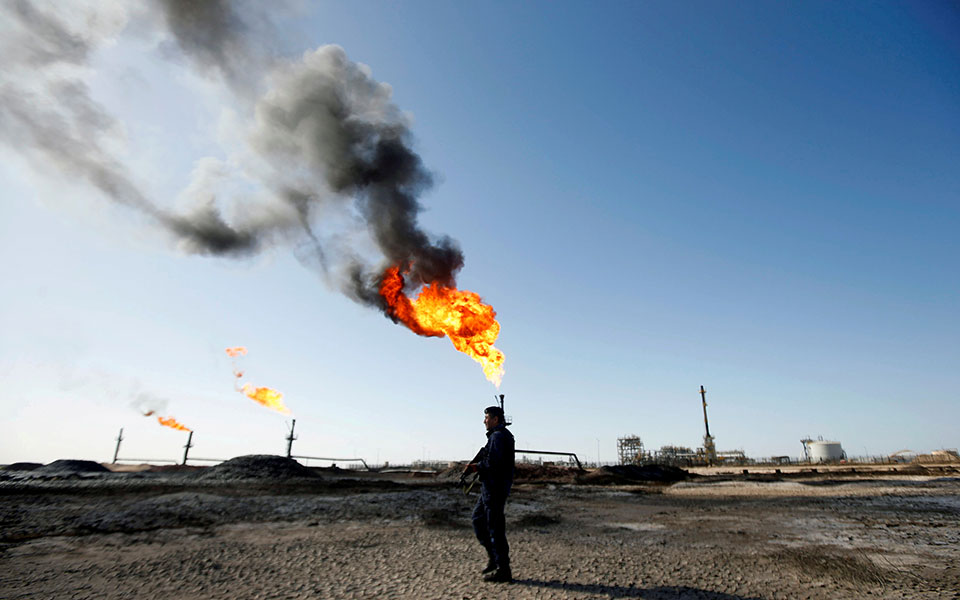The meeting of ministers of the Organization of the Petroleum Exporting Countries and its allies has been rescheduled to November 30. Analysts believe that the postponement is a disagreement over the level of cuts, which raises fears of a new price war breaking out between Saudi Arabia and Russia, as happened in 2020.
Markets react uncomfortably toA meeting of OPEC (Organization of the Petroleum Exporting Countries) and its allies, scheduled for this weekend, is scheduled to take place on November 30.
Postponement imposes pressure Oil futures, according to analysts, Evidence of the simmering disagreement within the organization that may lead to a decline in barrel prices at a time when they are once again on a downward path.
Therefore, the failure to agree threatens a new price war between Saudi Arabia and Russia similar to the one that occurred in 2020, which brought the price of a barrel of Brent crude to about $20.
After months of bearing much of the production cuts, Riyadh now wants other cartel members to commit to shorter production. However, to do this, you will have to convince your partners and allies.
The current OPEC+ agreement, which also comes into force in 2024, expects a combined supply reduction of about 3.66 million barrels per day. However, for this year, Saudi Arabia also voluntarily decided to reduce its supply by another 1 million barrels per day, and Russia announced an additional daily reduction of 500,000 barrels.
The decline in oil prices also coincides with the rise in oil prices Stores The United States, the world’s main producer, announced the beginning of the week.
Brent crude, which serves as a reference for Europe, including Portugal, fell by more than 15% in comparison The maximum is observed at the end of SeptemberDespite the war that has since broken out between Israel and Hamas. Initially, prices rose, but fears that the geopolitical situation would lead to a new wave of increases seem to have dissipated as the markets reflect the basic reality: there is too much oil, and without cuts the markets will continue to be flooded, which will only exacerbate the problem. Some analysts estimate the fair price per barrel to be around $50.

“Wannabe internet buff. Future teen idol. Hardcore zombie guru. Gamer. Avid creator. Entrepreneur. Bacon ninja.”

